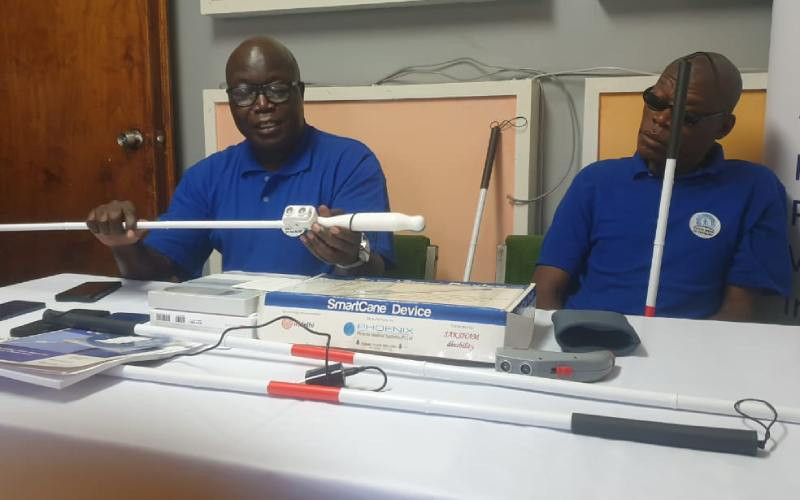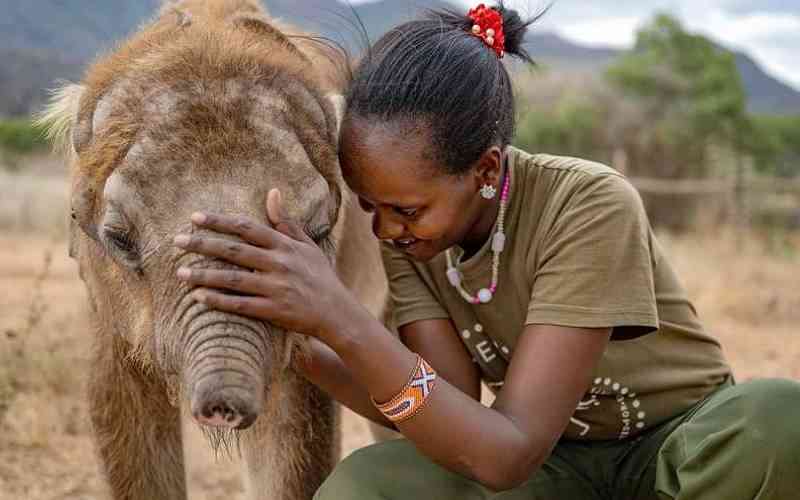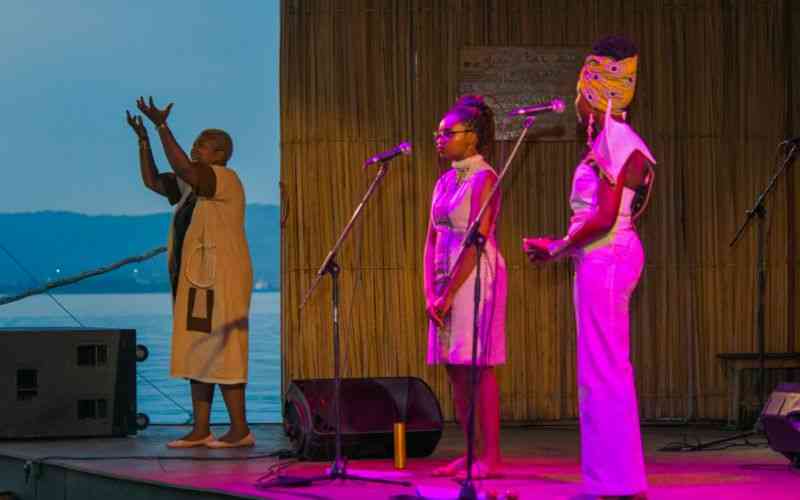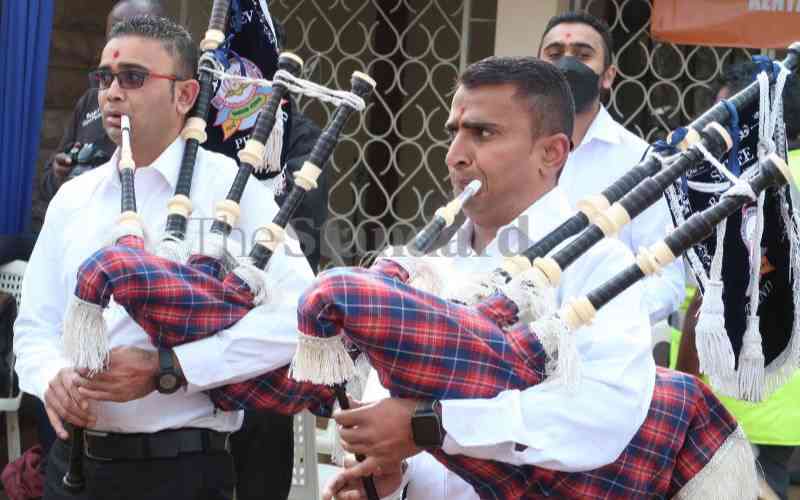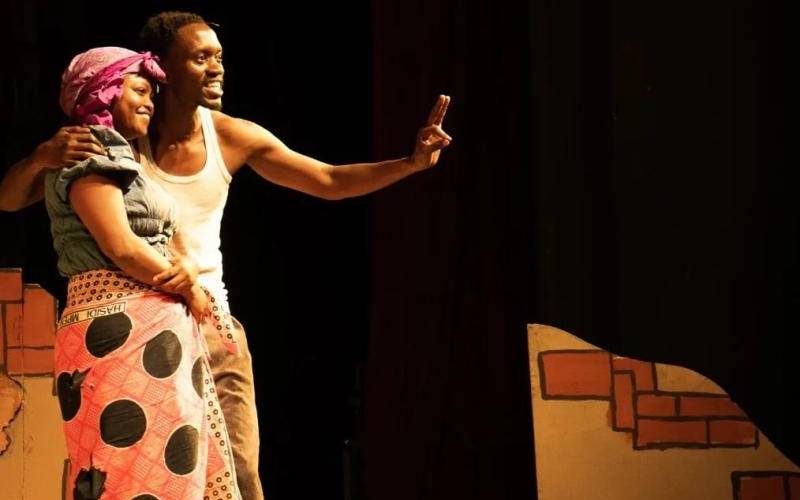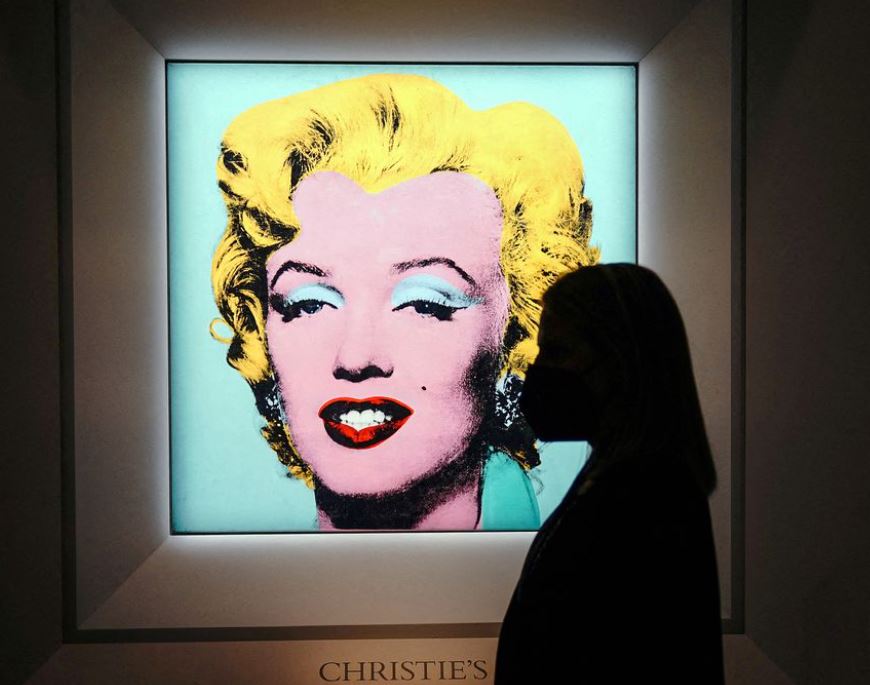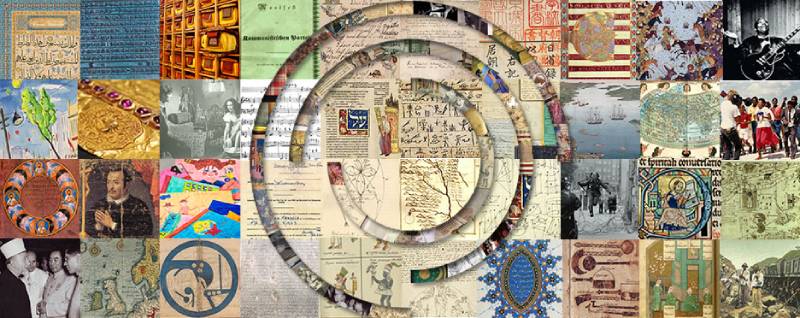
Teachers can now integrate the Memory of the World Register into their lessons while teaching arts, history, languages and literature classes.
This is after the United Nations Educational, Scientific and Cultural Organisation (UNESCO) rolled out an e-course for teachers to guide teaching learners on key historic events recorded in the Memory of the World Register.
UNESCO’s Memory of the World Programme (MoW) was established in 1992 to ensure the preservation of, and access to, documentary heritage in various parts of the world.
It is now expected to promote educational resources among schools as well as archives, libraries, and museums around the world.
“It will also facilitate cooperation among local schools and memory institutions. The overall goal is to harness the potential of documentary heritage for global citizenship education and intercultural dialogue,” says Unesco.
The e-course for teachers provides practical tools and sample lesson plans for integrating the MoW International Register in art, history, language, and literature classes.
It provides a wealth of ideas for teachers on how to diversify curricula while providing engaging experiences for their students.
The overall goal is to harness the potential of documentary heritage for global citizenship education and intercultural dialogue.
Properties including folk music, ancient languages, manuscripts, short films, copies of landmark motion pictures, collective lifetime works of renowned giants of literature, and ancient languages among others are recorded in the Memory of the World register.
The memory of the World Google Arts & Culture platform also features educational resources that Unesco recently made available, a children’s book and a lesson plan for secondary school teachers on incorporating teachings in their lessons.
In November last year, Unesco launched a Memory of the World e-calender for learners, consisting of important historical materials from around the world.
The e-calendar is based on 12 items from the MoW International Register, which consists of important historical materials from around the globe.
“Libraries, archives, museums, as well as primary and middle schools, can use the e-calendar to promote active learning about cultural heritage, thereby promoting intercultural dialogue and global citizenship among children, while offering them an engaging and fun learning experience,” Unesco said.
The stories are available on the e-calendar in English, Indonesian, Spanish and Swahili.
To be included in the international register, an item has to be world significant- historical significance and terms of its characteristics.
 The Standard Group Plc is a multi-media organization with investments in media platforms spanning newspaper print
operations, television, radio broadcasting, digital and online services. The Standard Group is recognized as a
leading multi-media house in Kenya with a key influence in matters of national and international interest.
The Standard Group Plc is a multi-media organization with investments in media platforms spanning newspaper print
operations, television, radio broadcasting, digital and online services. The Standard Group is recognized as a
leading multi-media house in Kenya with a key influence in matters of national and international interest.


